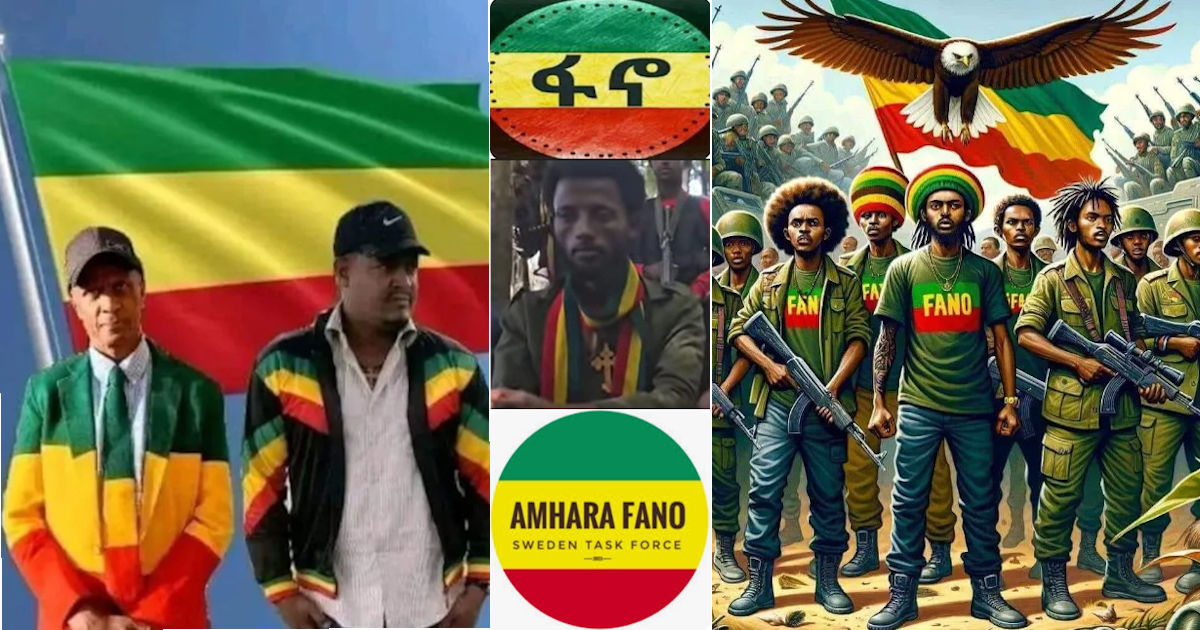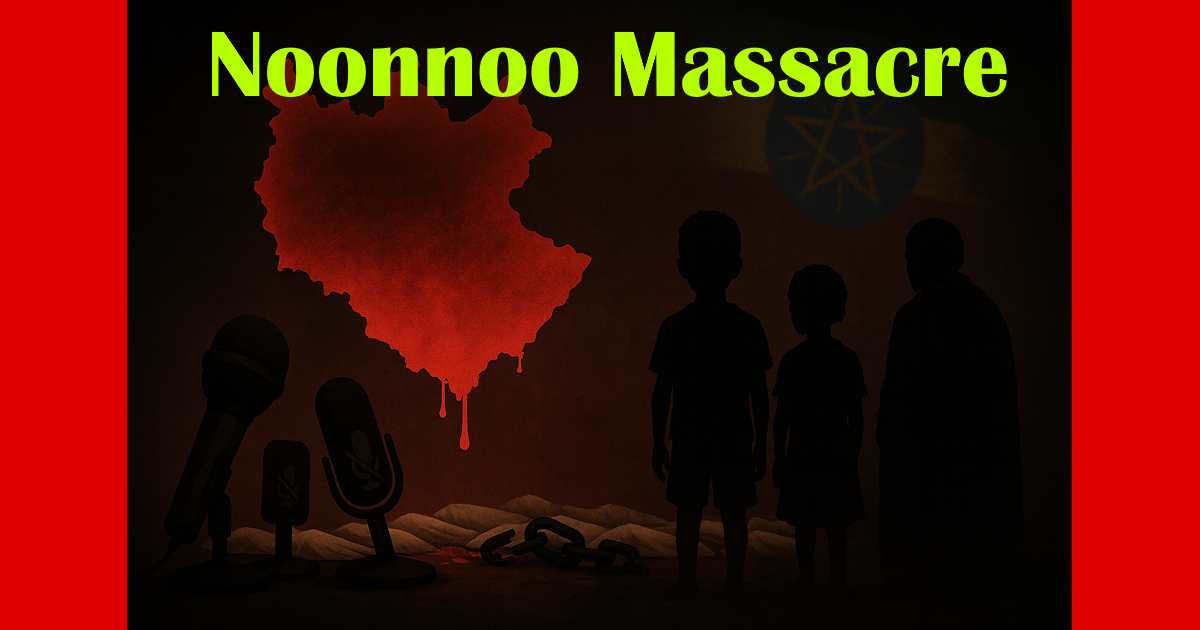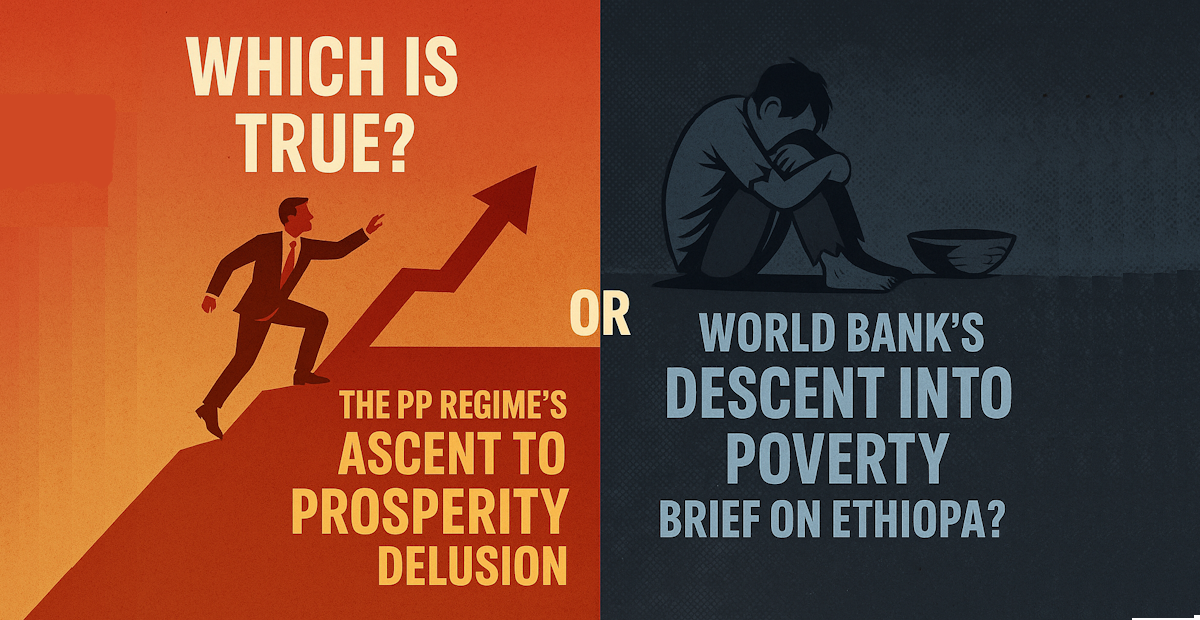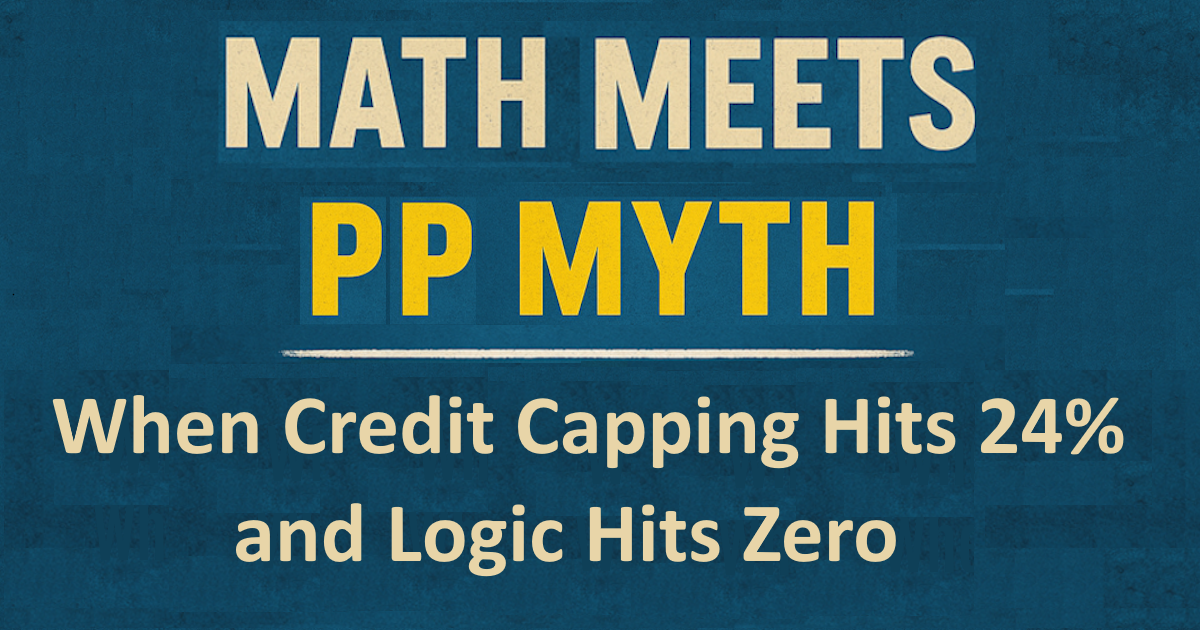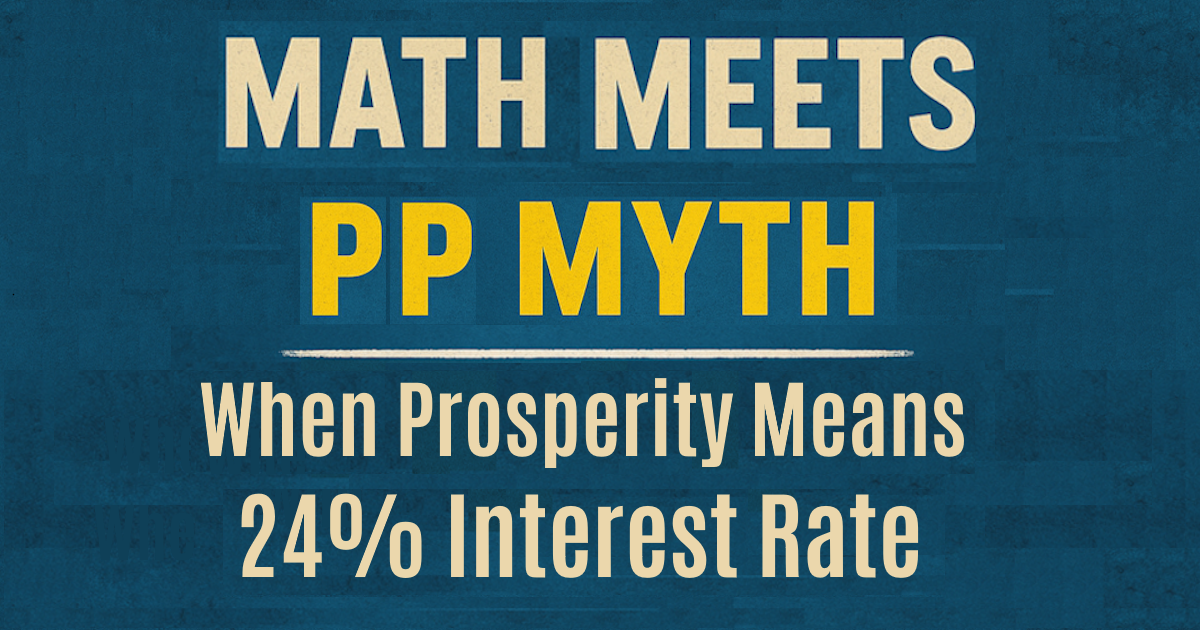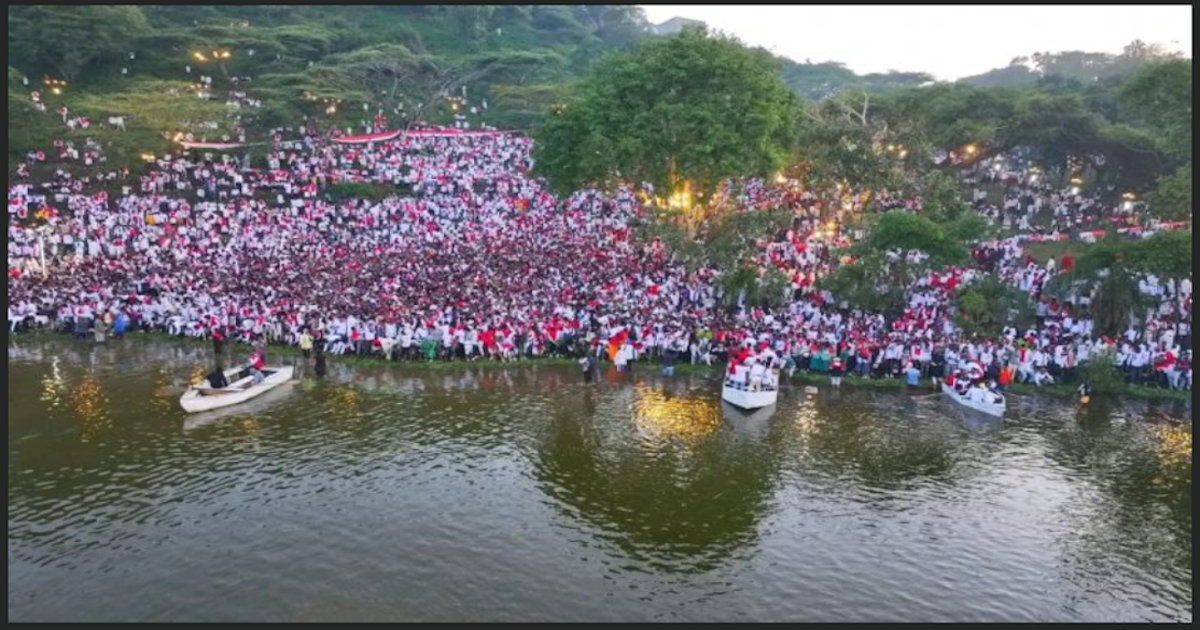The Idea of Oromia Shall Never Be Extinguished
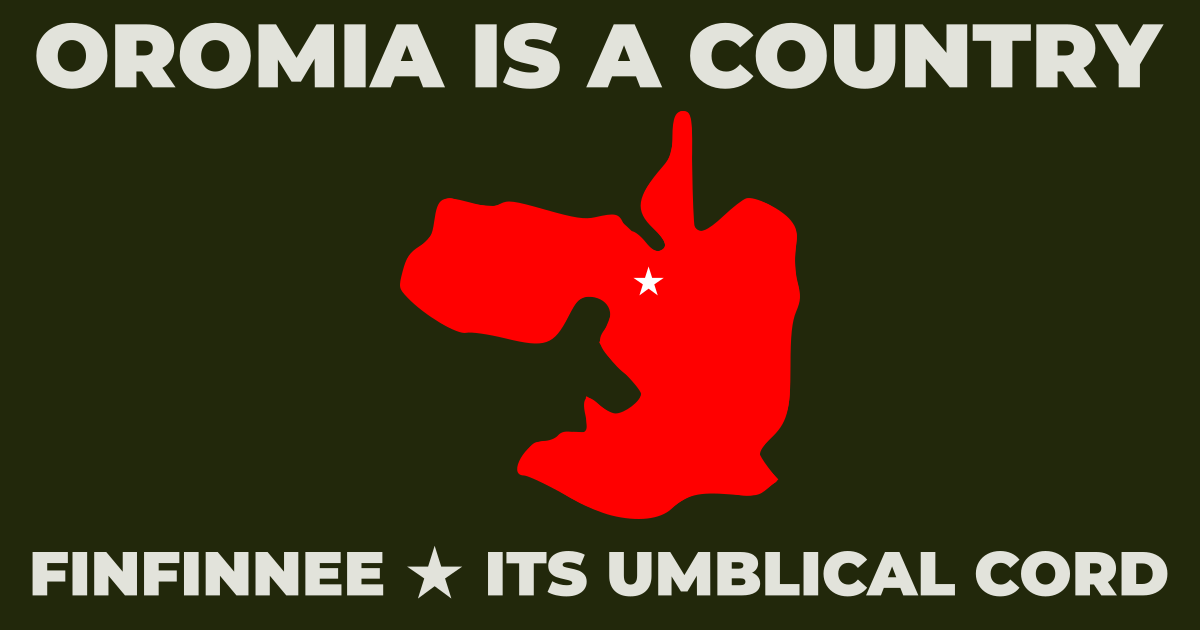
Excerpt
The idea of Oromia is more than a place—it’s a vision of justice, dignity, and identity. Despite repression and new threats cloaked in legality, this enduring ideal lives on in Oromo resistance, culture, and memory. Now more than ever, Oromia must be defended, revived, and reimagined for the future it promises.
Introduction
We have come a long way. But after a century and a half of bitter struggle, the idea of Oromia faces threats more insidious than ever before.
The idea of Oromia—rooted in the collective identity, aspirations, and cultural sovereignty of the Oromo people—is more than a geographic construct. It is a lived resistance, a vision of self-determination, and a moral compass guiding the quest for justice in the Horn of Africa. For over 150 years, despite systemic repression, military conquest, and cultural erasure, the vision of Oromia has endured—sustained by the unyielding resilience of its people.
Following their violent incorporation into the Abyssinian empire under Menelik II, the Oromo were reduced to serfdom. Lands were seized, languages suppressed, cultural expressions banned, and an entire people pushed to the margins of a state that negated their identity. Yet, Oromo identity survived—in oral traditions, in clandestine gatherings, and in the defiant heartbeat of a people who refused to forget who they were.
Movements such as the Meccaa-Tuulamaa Association of the 1960s and the formation of the Oromo Liberation Front (OLF) in the 1970s brought renewed ideological clarity to the struggle. They redefined Oromia not merely as a territory, but as a vision of freedom, dignity, and equality for all who called it home. Over time, this idea crystallized into a potent symbol of anti-imperialism, indigenous rights, and pan-Oromo unity.
The Resilience of an Idea
Despite brutal crackdowns, targeted assassinations, mass incarcerations, and relentless propaganda campaigns, the idea of Oromia has not only survived—it has spread. Generations of Oromo youth have carried the torch: from guerrilla fighters in the forests of eastern and western Oromia to student protesters chanting “Oromia Shall Be Free” in universities and diaspora communities worldwide.
The Qeerroo and Qarree movements of the 2010s exemplified the enduring power of Oromo identity to galvanize mass mobilization and inspire hope. Today, many among that generation have joined the Oromo Liberation Army (OLA), not merely as fighters, but as ideologically conscious youth—educated, committed, and deeply convinced of the justice of their cause.
This resilience is also cultural and linguistic. The revival and institutionalization of Afaan Oromo as a language of education and governance, the resurgence of traditional systems like the Gadaa, and the flourishing of Oromo literature, music, and political thought all demonstrate that the idea of Oromia is not static. It evolves, adapts, and strengthens with time.
Today’s Crisis: A New Form of Threat
Yet the threats confronting Oromia today are increasingly complex and insidious. While open military aggression and cultural repression persist, newer threats wear the deceptive guise of federalism, development, and national unity. The very notion of multinational federalism—once considered a compromise acknowledging the right to self-rule—has become a battlefield of distorted interpretations and political manipulation.
The most perilous of these is Prime Minister Abiy Ahmed’s systematic effort to dismantle the constitutional order and revert to Menelik’s Ethiopia. Under the smokescreen of “geographical federalism”—a disingenuous concept designed to dissolve Oromia’s national identity—the regime aims to erase hard-won recognitions of the Oromo people’s historical and political narrative.
Simultaneously, there is a deliberate campaign to depoliticize the Oromo cause, reducing it to isolated security issues or dismissing it as extremism. The intensifying militarization of Oromia, under the pretext of anti-insurgency operations, has led to mass human rights violations, widespread displacement, and the suffocation of dissent.
Internal divisions, too, are being fanned—by external interference, political infighting, and generational fractures—threatening the very unity that has underpinned the Oromo struggle for decades.
The assassination of iconic figures, the dismantling of Oromo civil institutions, and the suppression of Afaan Oromo media are not isolated incidents. They are threads in a broader campaign to unravel the Oromo political project.
The Way Forward: Reclaiming the Narrative
In this critical moment, it is imperative to return to the moral and philosophical foundations of the Oromo struggle. Oromia is not merely a claim for administrative boundaries—it is a declaration of truth, justice, dignity, and freedom. Reclaiming this narrative requires unity in diversity among Oromo political actors, a renewed commitment to the resistance movement, and the cultivation of Oromo intellectual traditions equipped to navigate contemporary challenges.
Building solidarity with other oppressed groups—within Ethiopia and globally—is equally vital. The Oromo cause is part of a larger human struggle for decolonization, identity, and self-determination. It must be internationalized, documented, and voiced through a new generation of Oromo thinkers, writers, and organizers.
Conclusion
The idea of Oromia—born of resistance, tempered by suffering, and sustained through courage—shall never be extinguished. It lives on: in the dreams of elders and the chants of youth; in the rhythms of Oromo music and the words of Oromo poets. But this idea is under grave threat.
We must not be lulled into complacency by the polished rhetoric of repression dressed in legalism. The 150-year journey of the Oromo people shows us that ideas rooted in justice do not die—but they must be defended, revived, and reimagined constantly.
Now, more than ever, is the time to stand firm. Because the idea of Oromia is not merely a memory of the past—it is the seed of a just future.
References
- “The Idea of Oromia”, As Expressed by an Oromo Girl, Courtesy of Facebook.
- OT Editorial, Assert Your Rights – Stand Tall or Be Trampled, 27 May 2025, OROMIA TODAY.
- Elemoo Qilxuu, ETHIOPIA WILL NEVER BE AT PEACE WITHOUT RESOLVING THE OROMO QUESTIONS, 2 December 2024, OROMIA TODAY.

